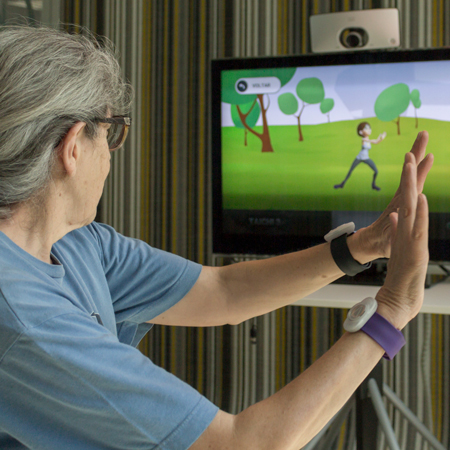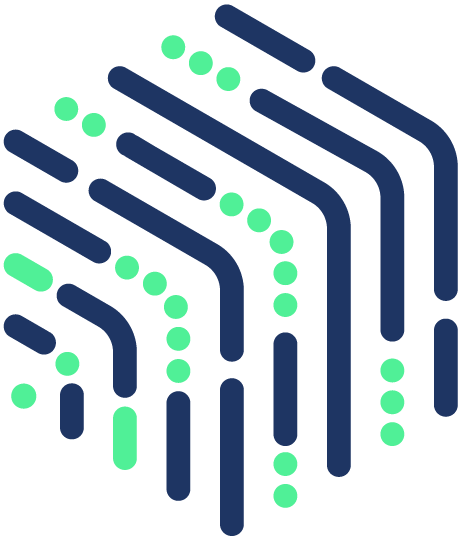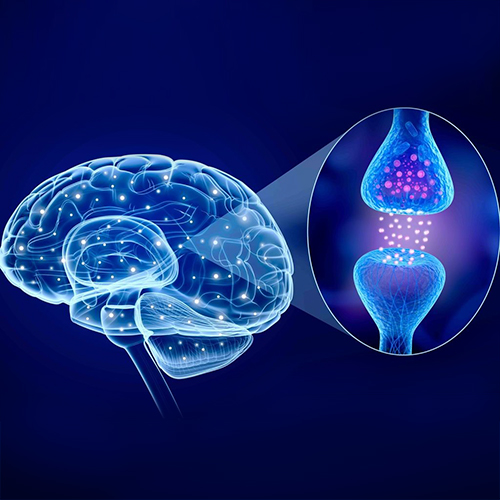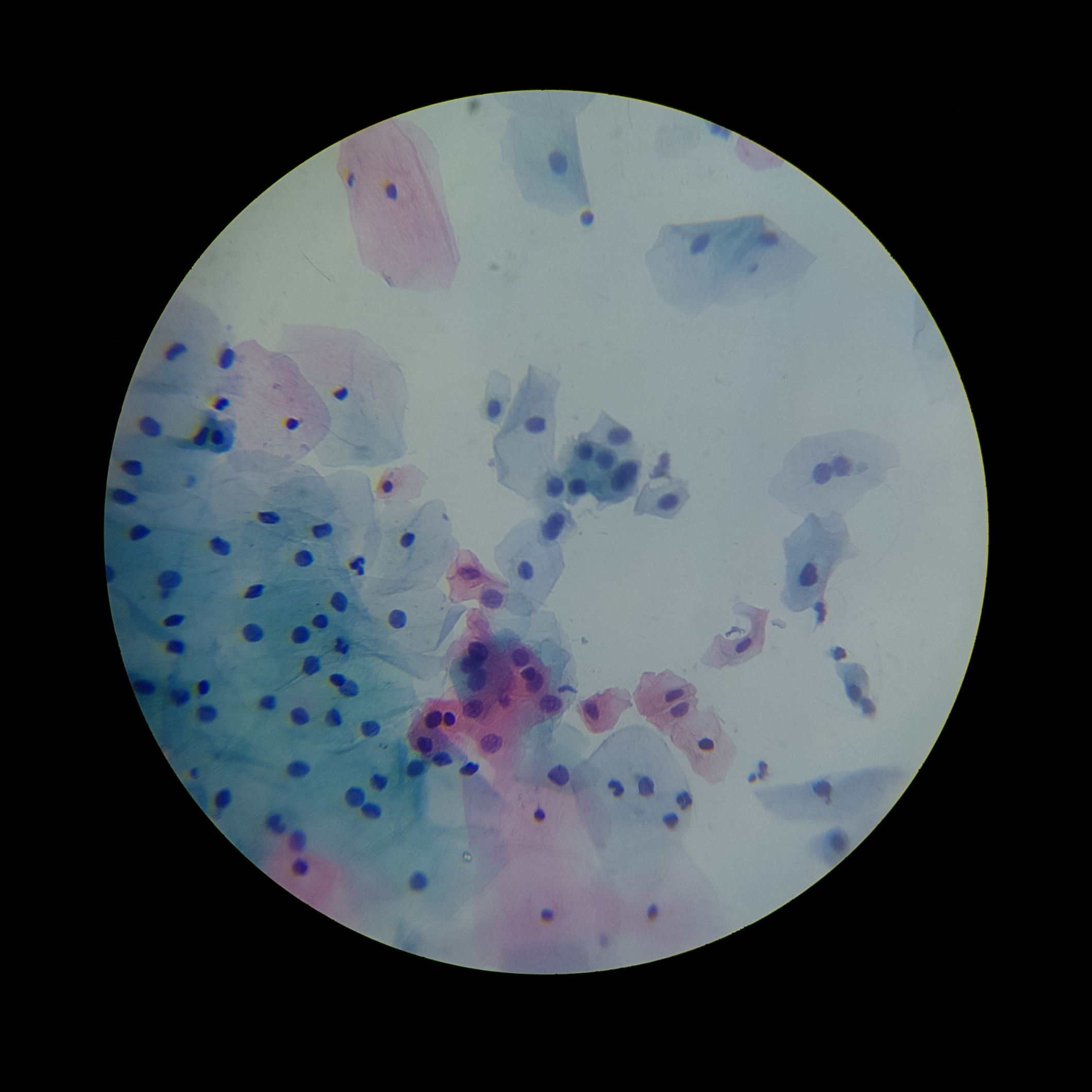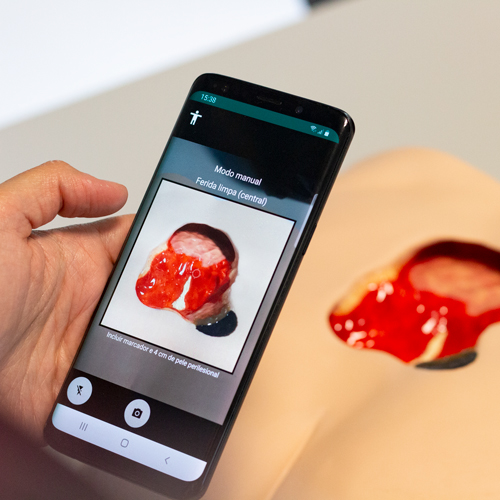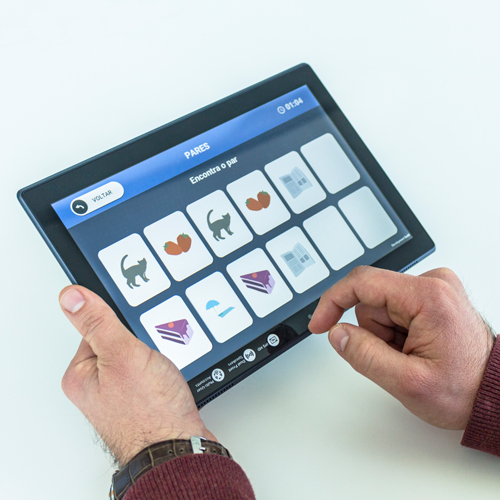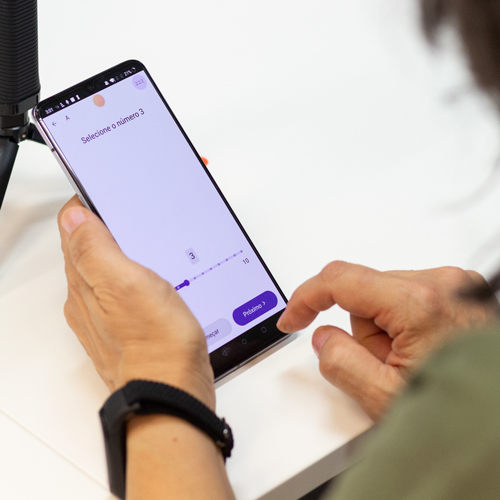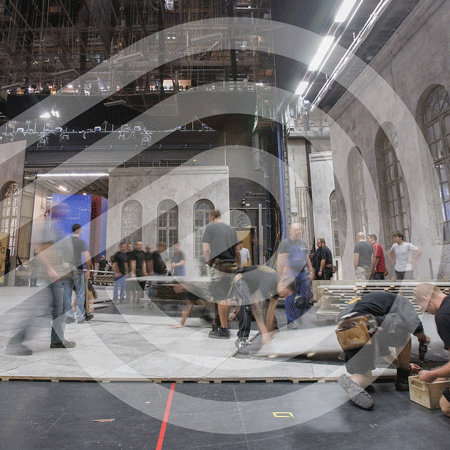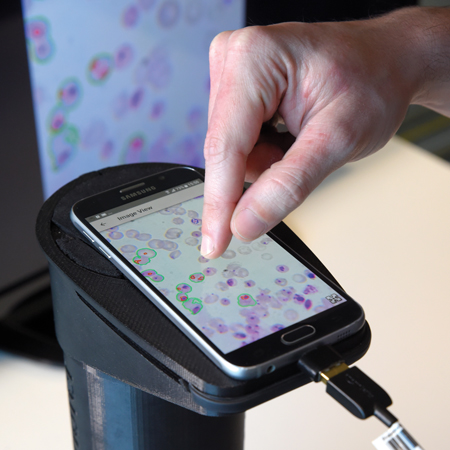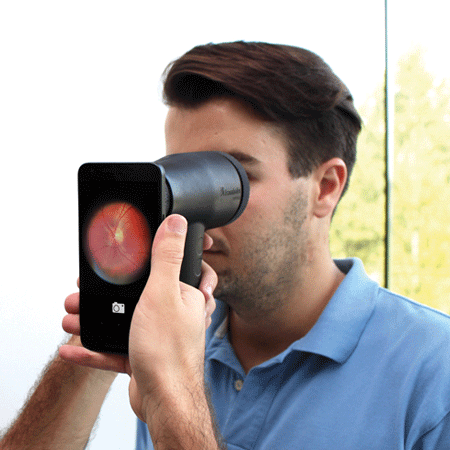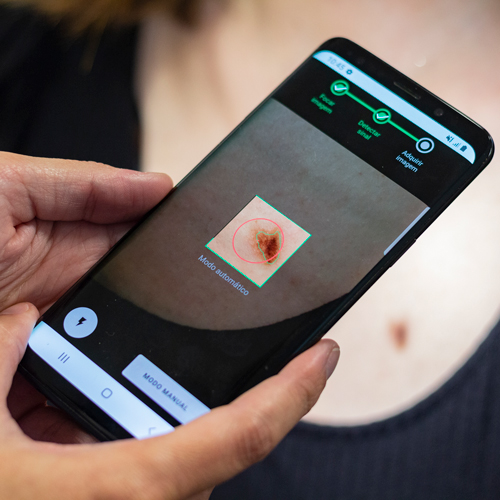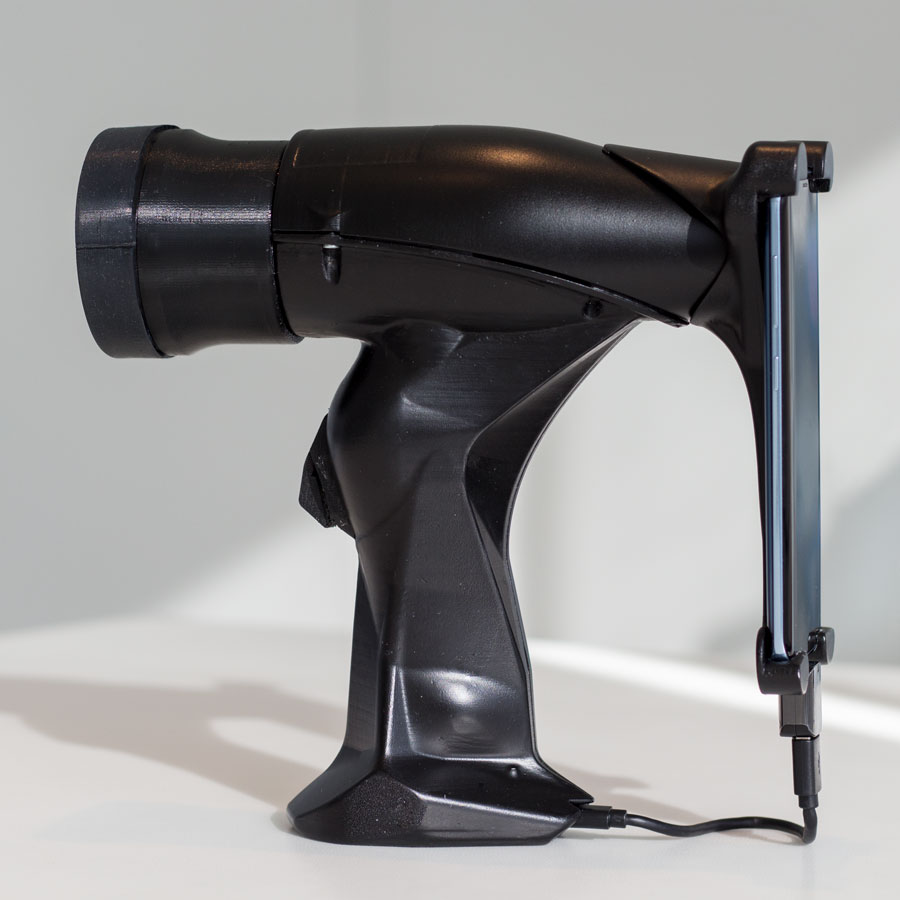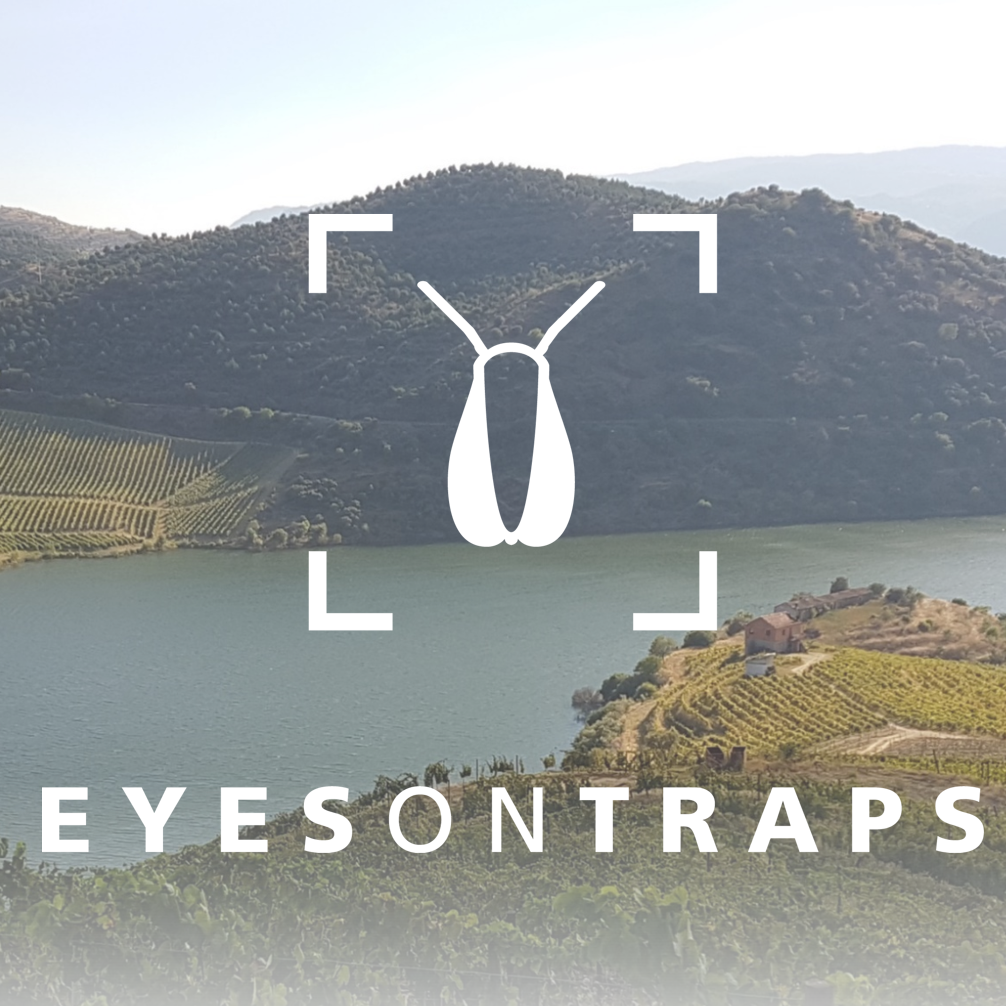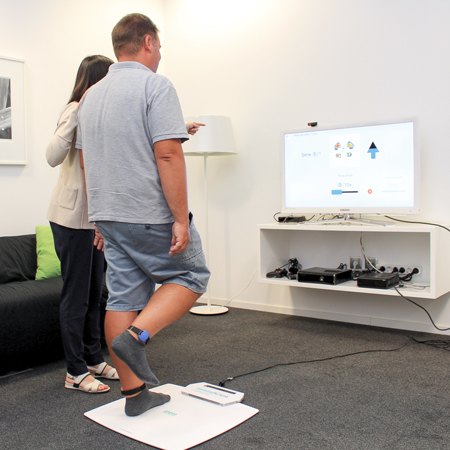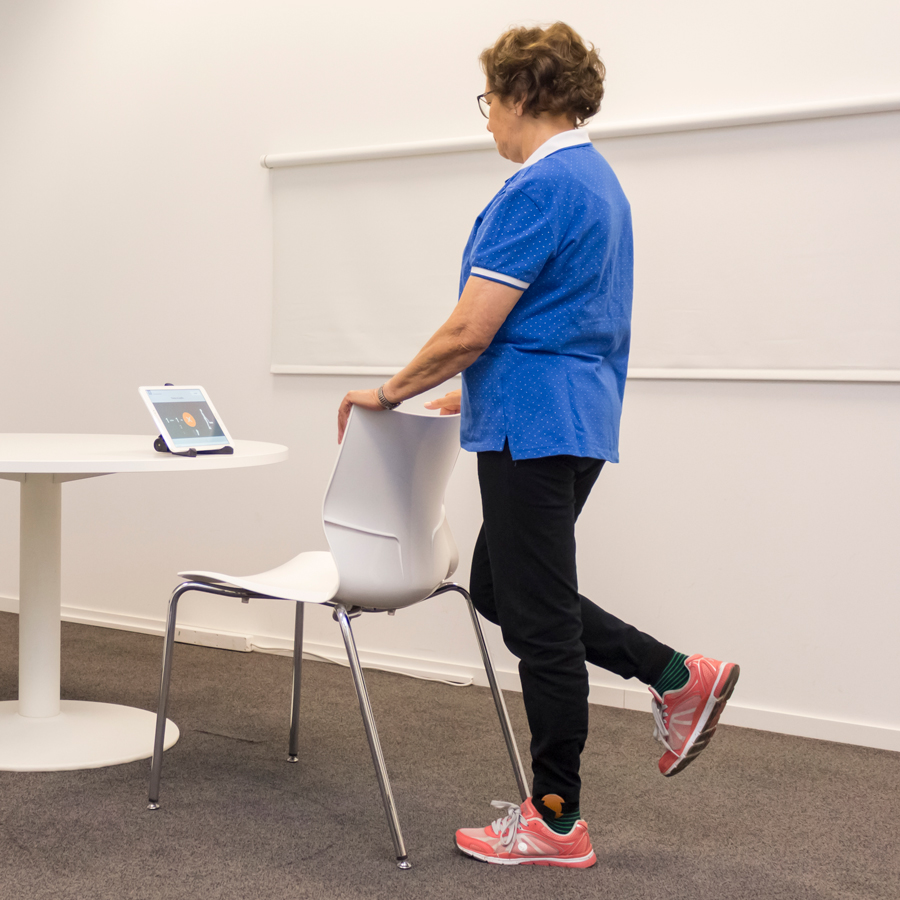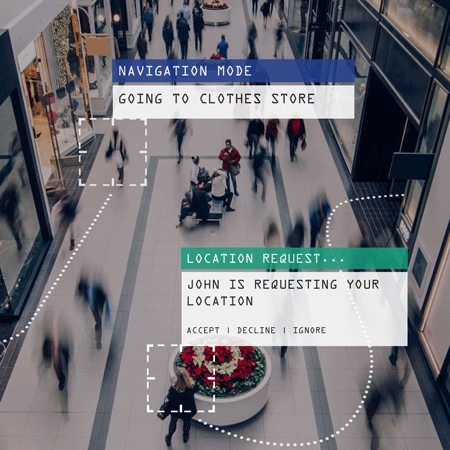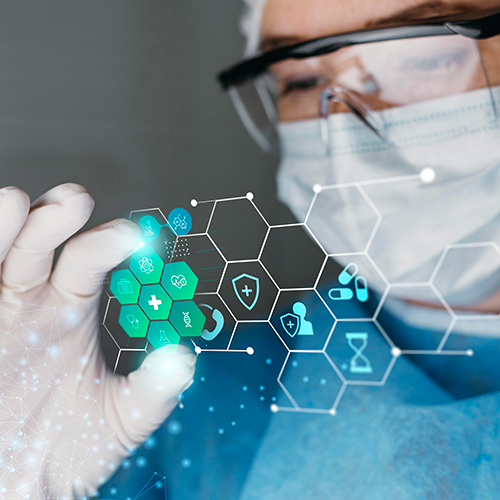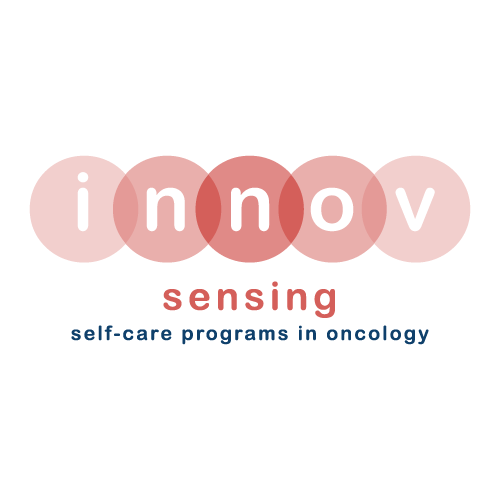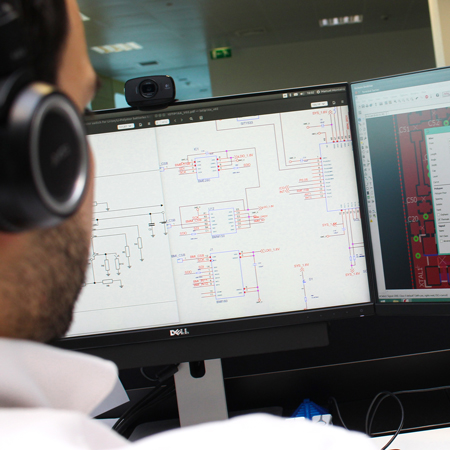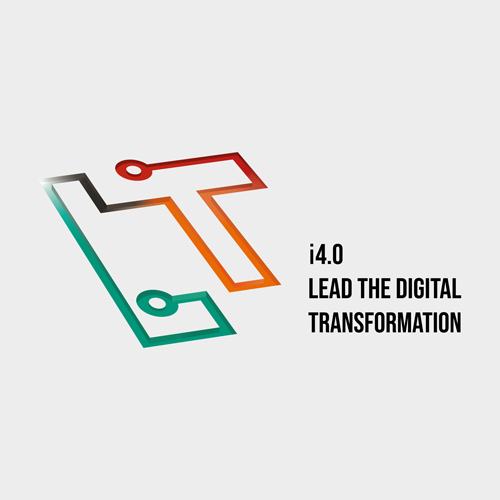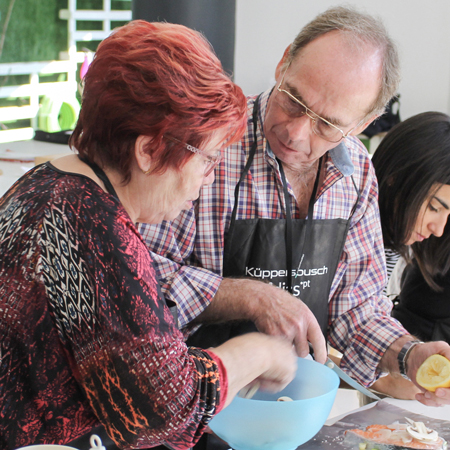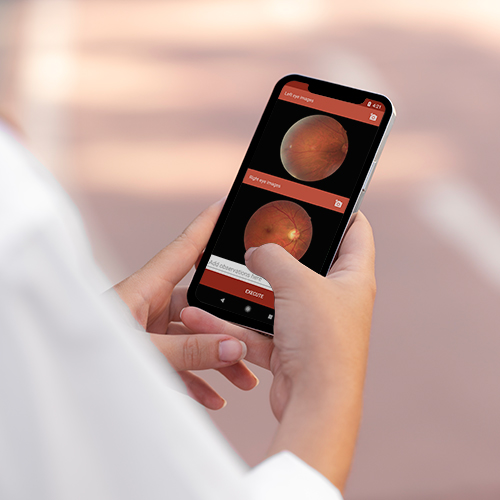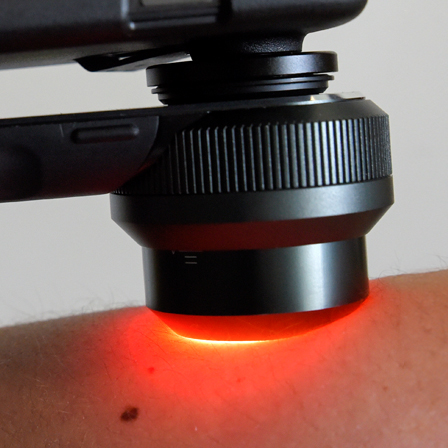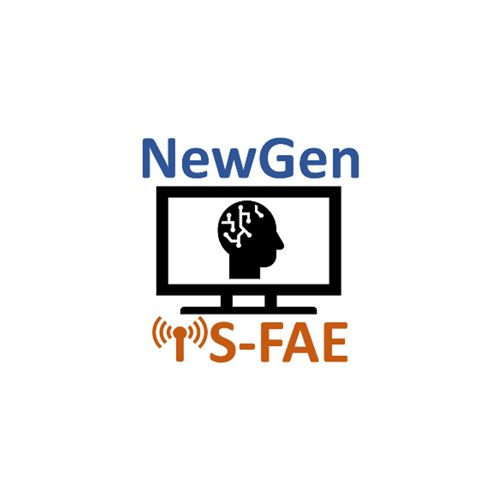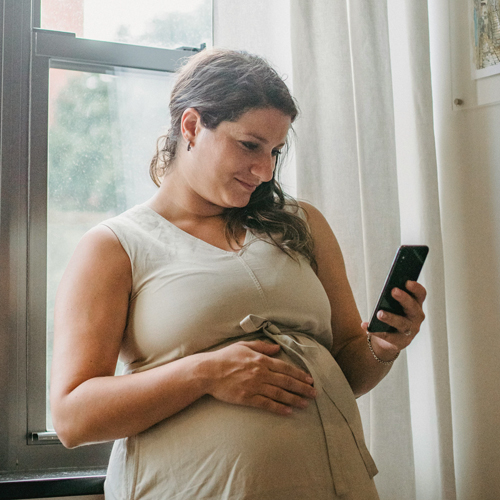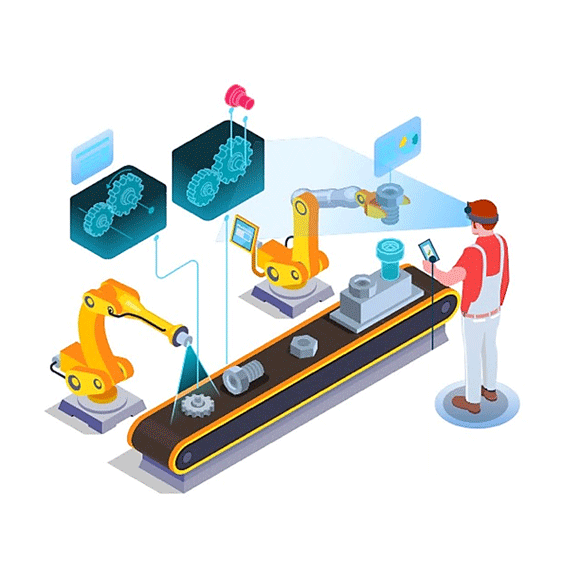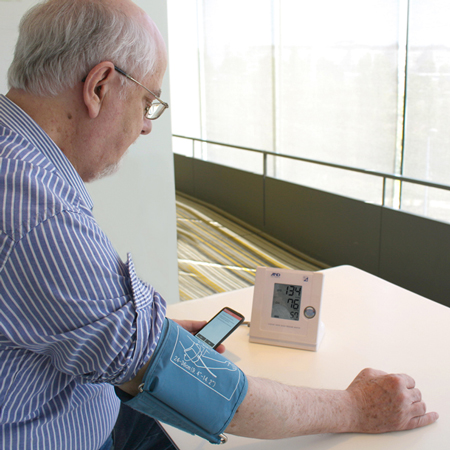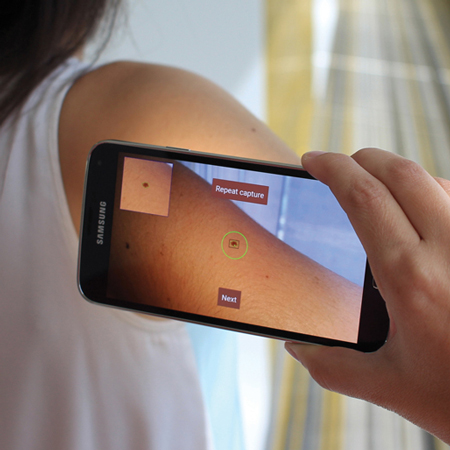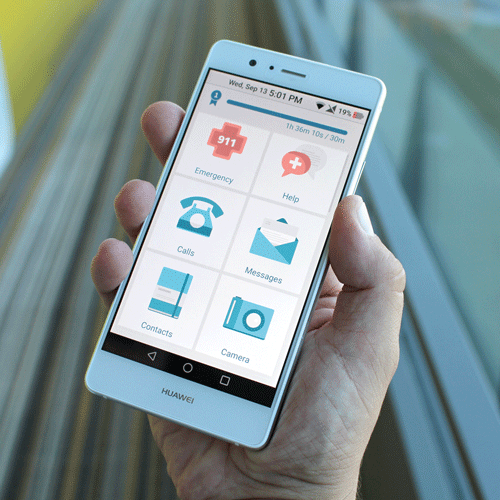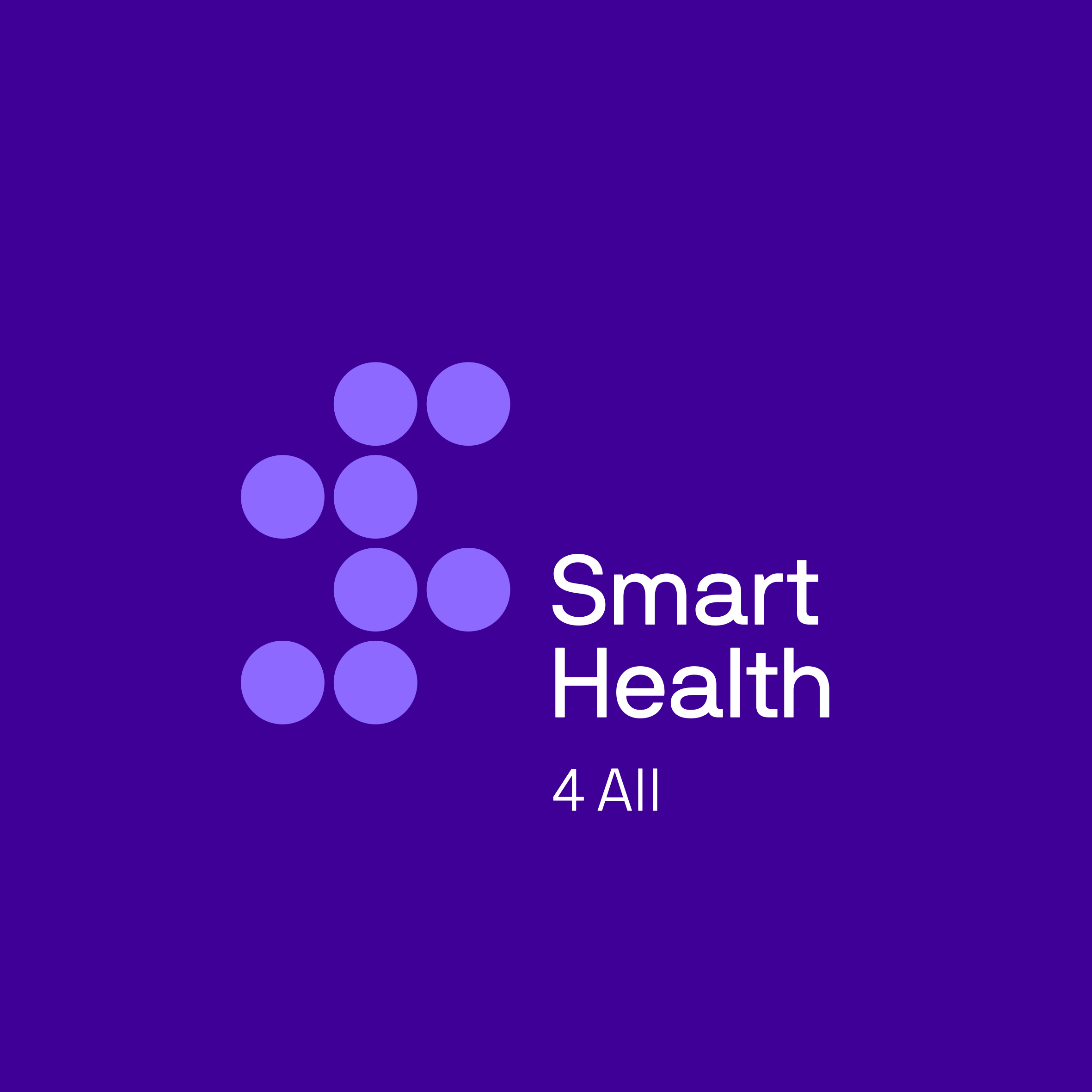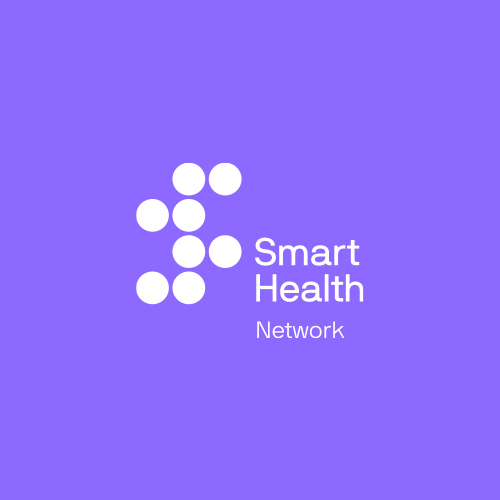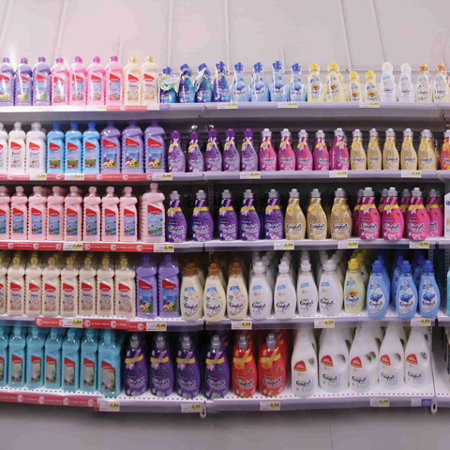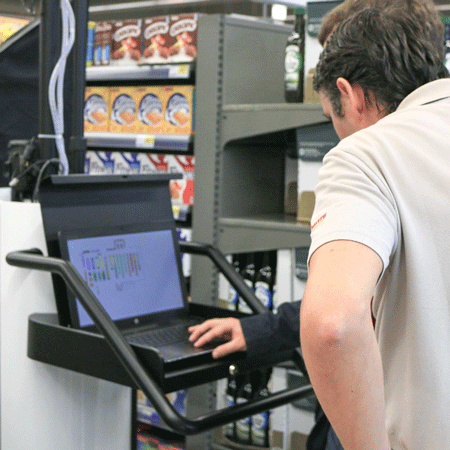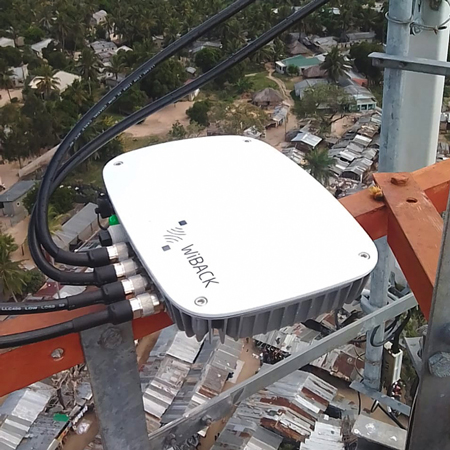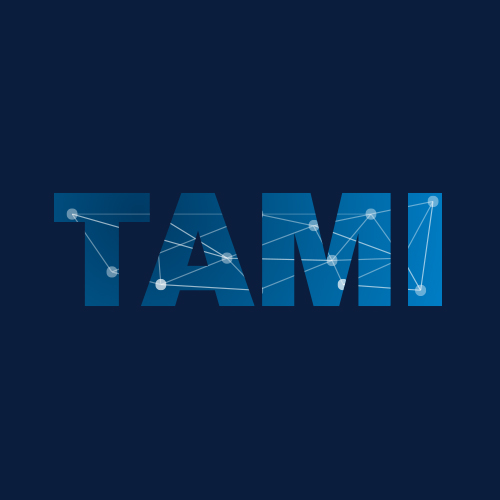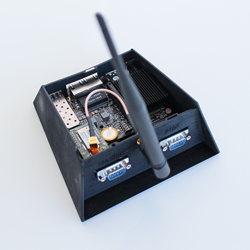Projects
Agenda Microeletrónica
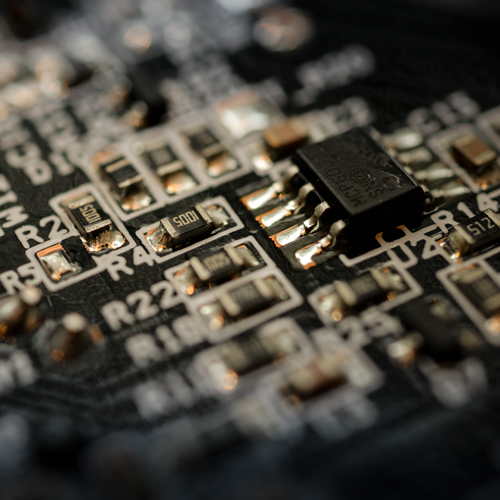
The Agenda Microeletronica aims to strengthen Portuguese's microelectronics sector by addressing challenges related to accessing components and systems. It seeks to increase national autonomy in this sector, which is crucial for the digital transition. The Agenda takes an integrated approach, aligning with European initiatives and focusing on investments to enhance productivity, innovation, skills, and information generation within the national semiconductor industry.
AINANOTEC
AISym4Med

Provide a platform that gives access to a reliable dataset system enhanced with controlled data synthesis for experimentation and modelling to healthcare data engineers, practitioners, and academics. This platform handles data security and privacy by integrating cutting-edge anonymization methods, attribute-based privacy controls, and effective tracking devices.
AIpALS
Anathema

Anathema is an European project which intends to build the first smartphone-based sexual health promotion programme for older adults, stroke survivors and people with colorectal cancer, available in four languages, which will seek to increase access of these user groups to sexual health support and increase adherence to programs through engaging user experiences.
ATE

The Alliance for Energy Transition (ATE) aims to reinforce the competitiveness and resilience of companies in the energy sector as a result of the creation of innovative products and solutions based on technology and know-how developed and consolidated in the sector, placing Portugal in the lead on decarbonization and an effective energy transition.
AUGMANITY
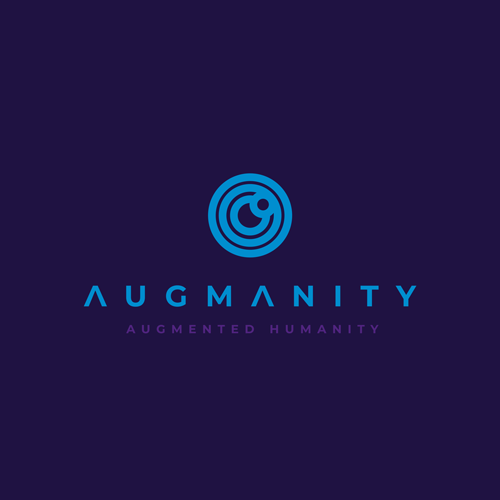
The project is expected to leverage its results in multiple sectors, through a coordinated strategy between industrial partners and research centres, with the generated knowledge being exploited by means of technology creation, dissemination, transfer utilization and incorporation activities based on three pillars: science and technological development; internalization of knowledge and technology by technology-takers; and utilization of knowledge and technology by potential end users.
CardioFollow.AI
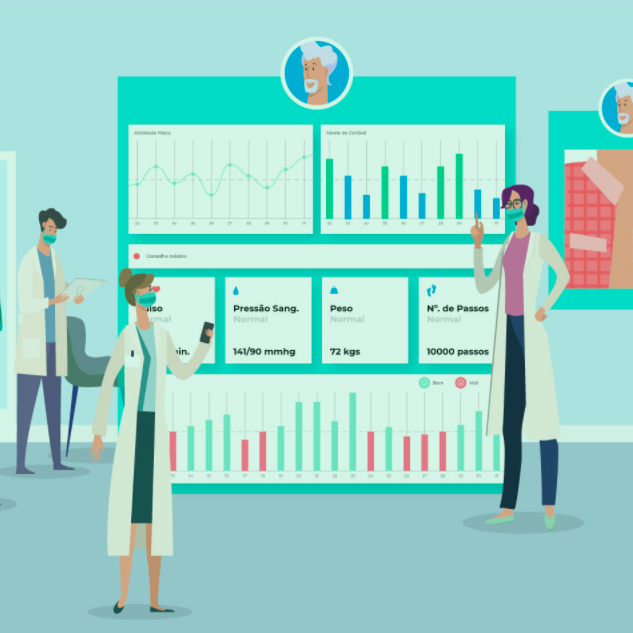
CardioFollow.AI joints the multi-domain expertise of researchers from VOH.CoLAB, FhP-AICOS, NMS-UNL and HSM-CHULC. It tackles current limitations by introducing a telemonitoring service in Cardiothoracic Surgery Service of HSM-CHULC, to support clinicians in the follow-up of cardiothoracic surgery patients after hospital discharge.
Center for Responsible AI
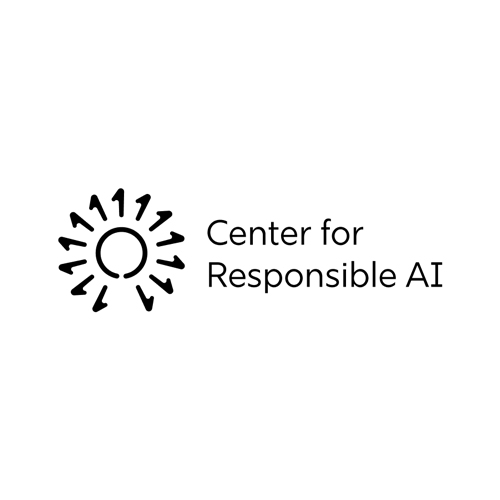
Responsible AI technologies and principles are the key to bring all the benefits of AI to humanity while ensuring sustainability and no harm. To accomplish this mission, the Center for Responsible AI is formed by an ecosystem of startups and research institutions. In the Center for Responsible AI we believe in Fair, Explainable and Sustainable AI, aiming at building AI products that help us build a more equal society; making AI more explainable and trustworthy; developing AI algorithms that need less computing power, and are more sustainable. From customer service to medical applications, the Center’s commitment to Responsible AI is developing products that impact people’s lives — for the better.
City Catalyst
CLARE
ClinicalWoundSupport
Clockwork
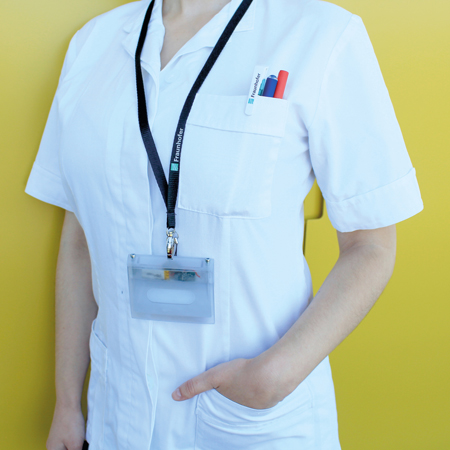
The Clockwork project target shift workers, such as healthcare professionals, who are greatly affected by chronodisruption, which can thus lead to health issues, long absences or early retirement. The solution aims then to create a healthy and comfortable work environment by supporting middle-aged to older adults in the improvement of their circadian rhythms.
CogniPlay
CordonGris
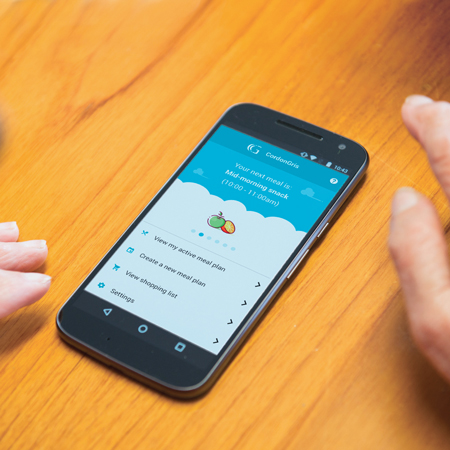
The project will create a system to gather and manage all the data that is relevant for the recommendation of a healthy diet, coming from different sources: sensors for activity monitoring, user reported data, country-specific food databases, retailers’ information, producers’ information, service providers’ information. By making sense of all the data, the central intelligent system can generate recommendations that range from meals to physical activity or other healthy behaviours and prompt people to adopt a healthier lifestyle against malnutrition.
COTIDIANA
CounterFighting
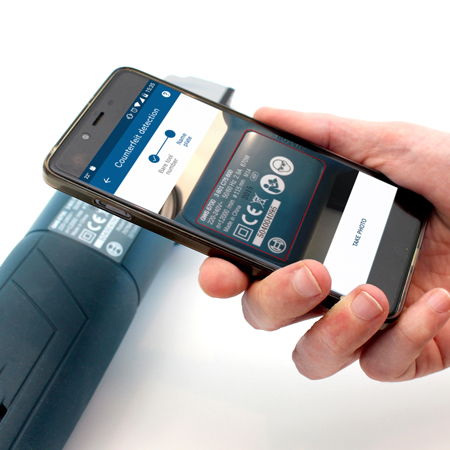
Counterfeiting is a problem that has become increasingly prominent for many global brands. In order to address the counterfeits issue, Fraunhofer AICOS proposes a solution based on a mobile application, running on the user’s smartphone that communicates with a back-end server for validating the authenticity of the equipment being analysed.
Craft
CTFhP
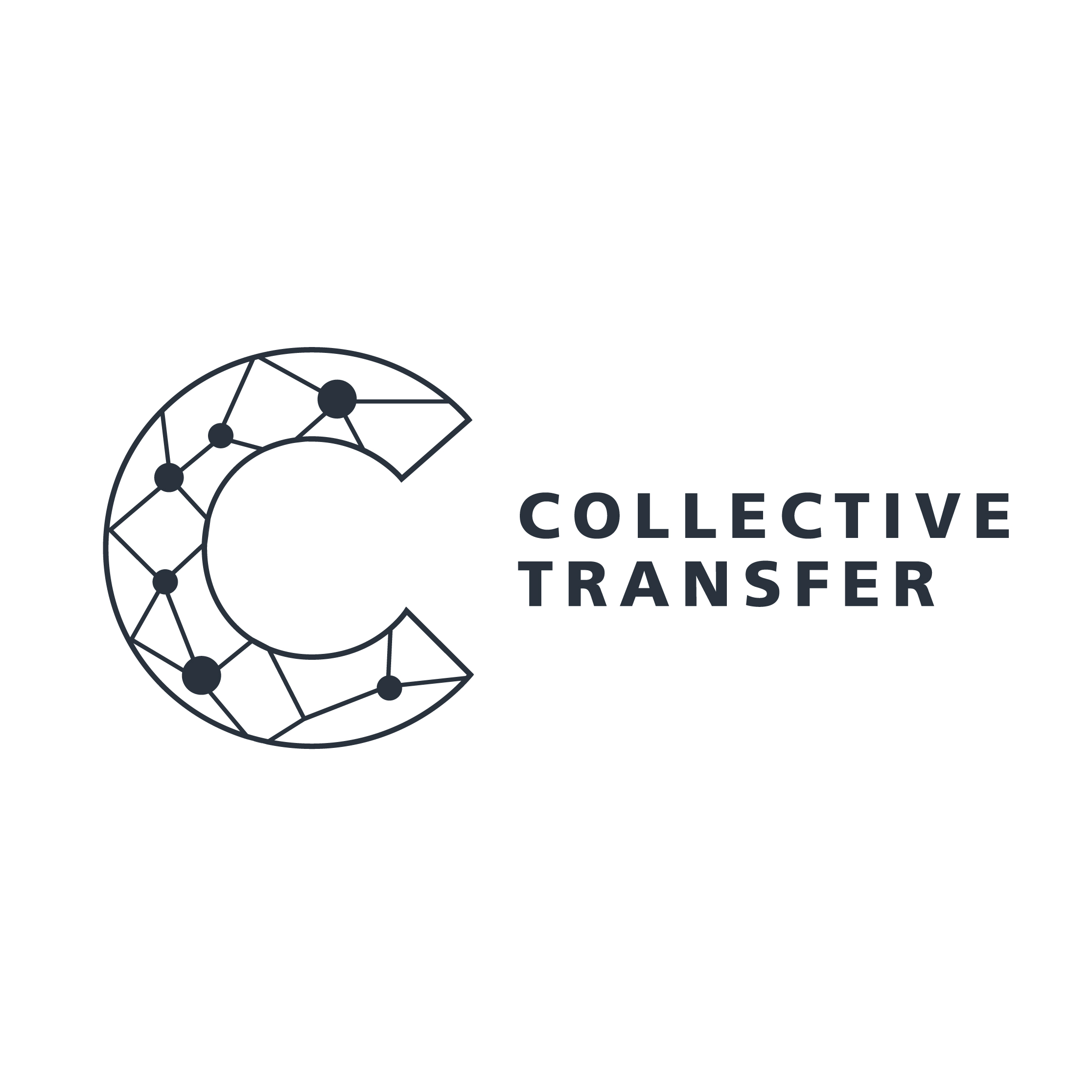
This project presents a set of actions in the field of dissemination and diffusion of new knowledge and technologies generated in R&D and further actions in the field of effective demonstration of this knowledge, intending to make a remarkable contribution to overcome circumstantial difficulties and to be able also to demonstrate a model of good practice in technology transfer to the other entities of the Portuguese system of R&I.
DEM
DEMalariaScope
DEMEyeFundusScope
Derm.AI
EyeFundusScopeNEO
EyesOnTraps+
Eyes On The Horizon
FallSensing
FRADE
Future Yämmi
GARMIO
HfPT
HighSkillHR
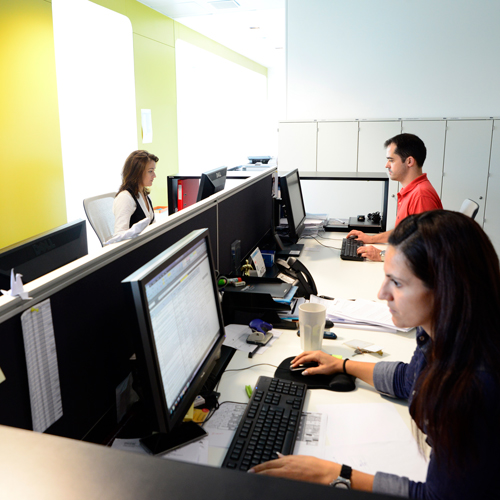
Com a operação “Contratação de Recursos Altamente Qualificados”, o FhP-AICOS reforça o seu quadro de colaboradores com Recursos Altamente Qualificados, para apoiar a concretização da sua agenda estratégica de investigação científica de excelência, inovação, valorização e transferência de tecnologia e conhecimento.
HomeSenseALS

HomeSenseALS aims to build a framework for monitoring Amyotrophic Lateral Sclerosis patients in their home environment using wearable technologies, allowing a closer look at different disease progression patterns regarding mobility, respiratory measurements, and functional assessment. This will support both caregivers and clinicians in adjusting medication and appointments or creating better models for patient stratification, essential for clinical trials.
ICANs
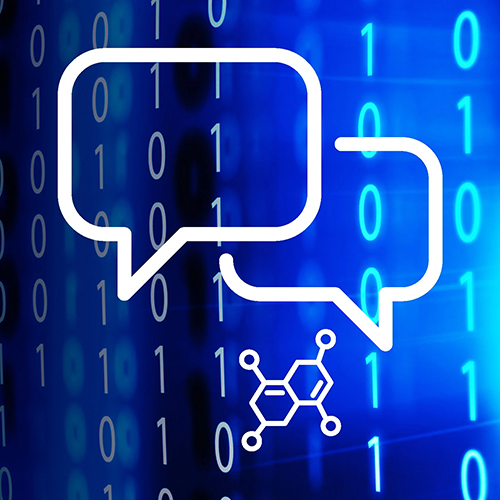
This project aims to construct a single flexible and intelligent analytics platform running on a cloud environment with real-time performance. This framework will encompass predictive and autonomous capabilities to support telco service quality and enhance user experience using data from the usage and service quality from NOS devices and internal infrastructure.
iNNOV Sensing
IoTiP
i4.0 - Lead the Digital Transformation
LIFANA
LoRa4UProbes
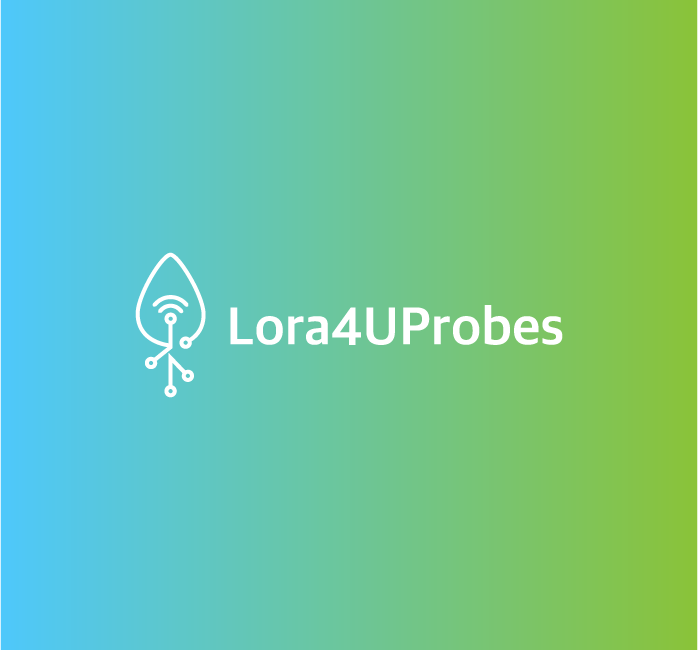
The project Long Range Communication for Undergroung Sensing Probes (LoRa4UProbes) aims to contribute to a sustainable use of water by developing a new soil monitoring solution aligned with the Internet of Things (IoT) concept, and that can be easily integrated in different precision farming use cases. LoRa4UProbes stands out in the market of soil monitoring for agricultural areas and public spaces, by presenting itself as a solution with extended range communication capability, able to operate underground, and modular to support different sensing modules.
MASPARK
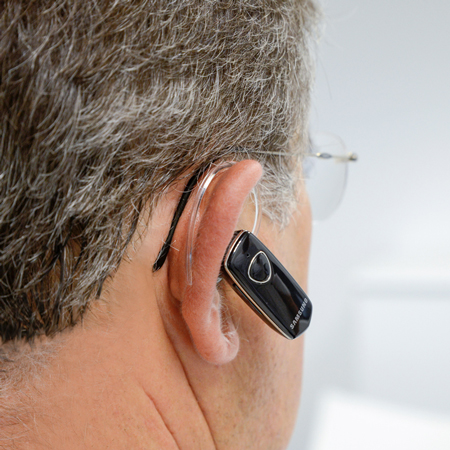
Among the symptoms that mostly impact quality of life for people affected by Parkinson Disease (PD) are the problems associated with walking: rate loss, slowing down, shuffling, and freezing. In the MASPARK project we are using the REMPARK system, a wearable inertial sensor for real-time detection of abnormal gait, to study freezing.
MDevNet
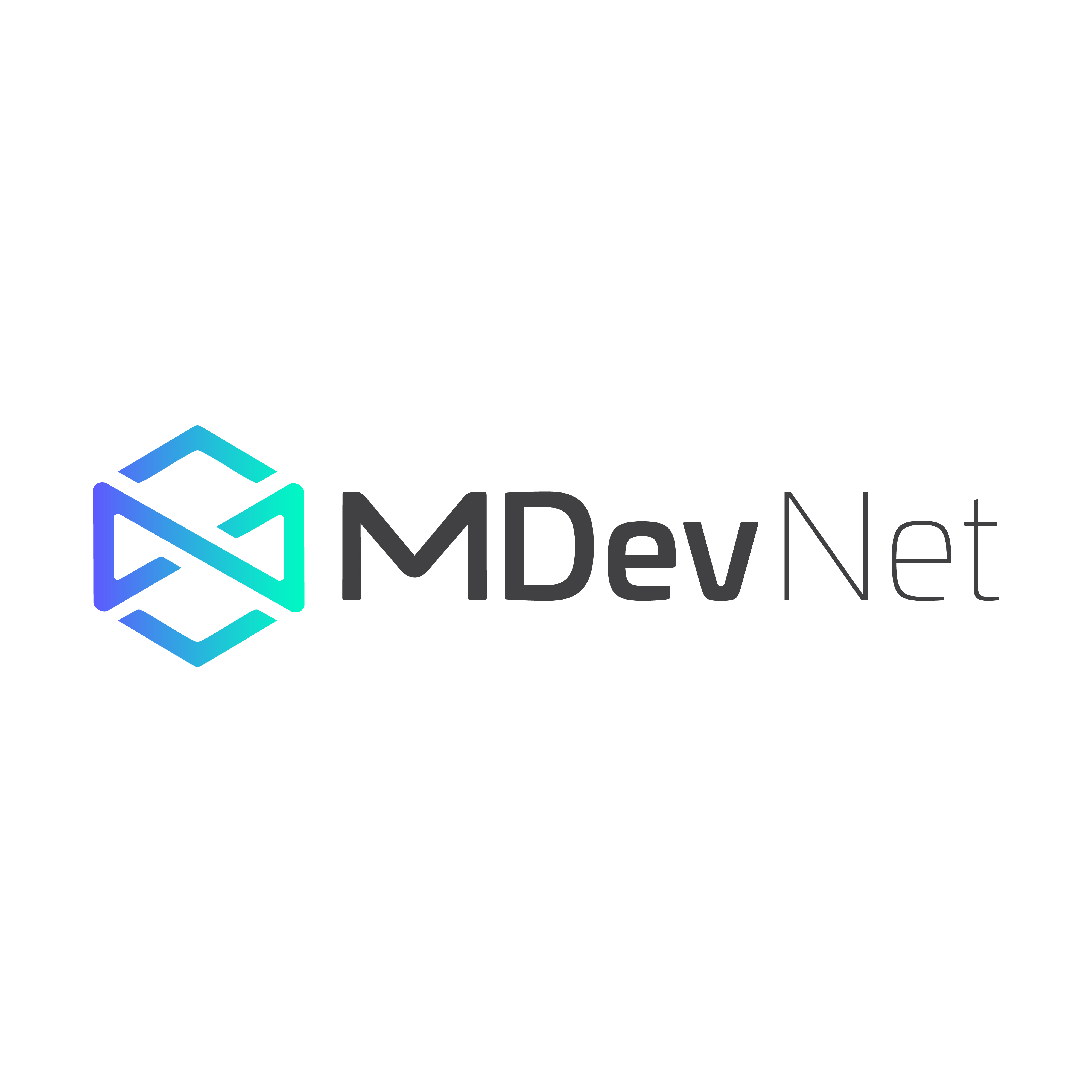
This initiative, by the name of MDevNet, will provide users with better and faster access to innovations, by delivering a knowledge and technology transfer platform. To achieve this, the initiative contemplates the creation of a national network of partners, including public authorities, consumer advocacy groups, R&D organizations, and companies involved in the commercialization and distribution within the industry of technology-based medical devices.
MLSysOps
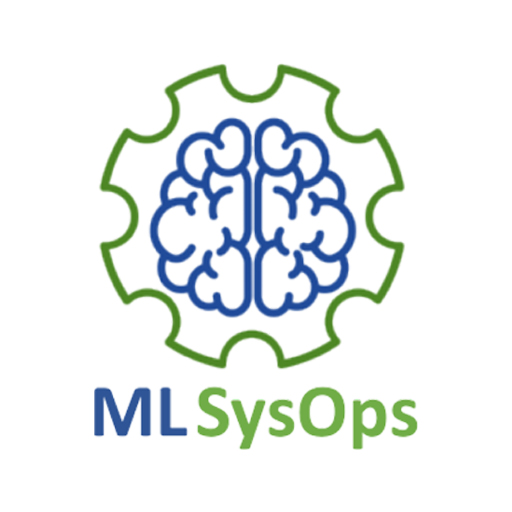
The main objective of MLSysOps is to design, implement and evaluate a complete AI-controlled framework for autonomic end-to-end system management across the full cloud-edge continuum. MLSysOps will employ a hierarchical agent-based AI architecture to interface with the underlying resource management and application deployment/orchestration mechanisms of the continuum. Energy efficiency and utilization of green energy, performance, low latency, efficient, and trusted tier-less storage, cross-layer orchestration including resource-constrained devices, resilience to imperfections of physical networks, trust, and security, are key elements of MLSysOps addressed using ML models.
MobileDRS
MpDs
myAHA
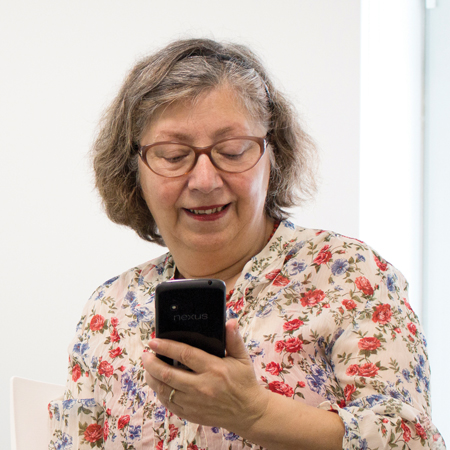
The main aim of My-AHA is to reduce frailty risk by improving physical activity and cognitive function, psychological state, social resources, nutrition, sleep and overall well-being.
The proposed platform will provide numerous incentives to engage diverse stakeholders, constituting a sustainable ecosystem with empowered end users and reliable standardised interfaces for solutions providers, which will be ready for larger scale deployment at project end.
OSCAR

The project vOice Screening of CoronA virus (OSCAR) aims to develop a service for the identification of suspected cases of COVID-19 based on NOS voice technology already on the market. In addition to this service, the provision of a platform for epidemiological studies for researchers, so that they can have access to voice data, as well as improve and develop new algorithms for the investigation of respiratory diseases such as asthma, chronic obstructive pulmonary disease (COPD) or chronic cough.
NewGen TS-FAE
NUTRIA
OPERATOR
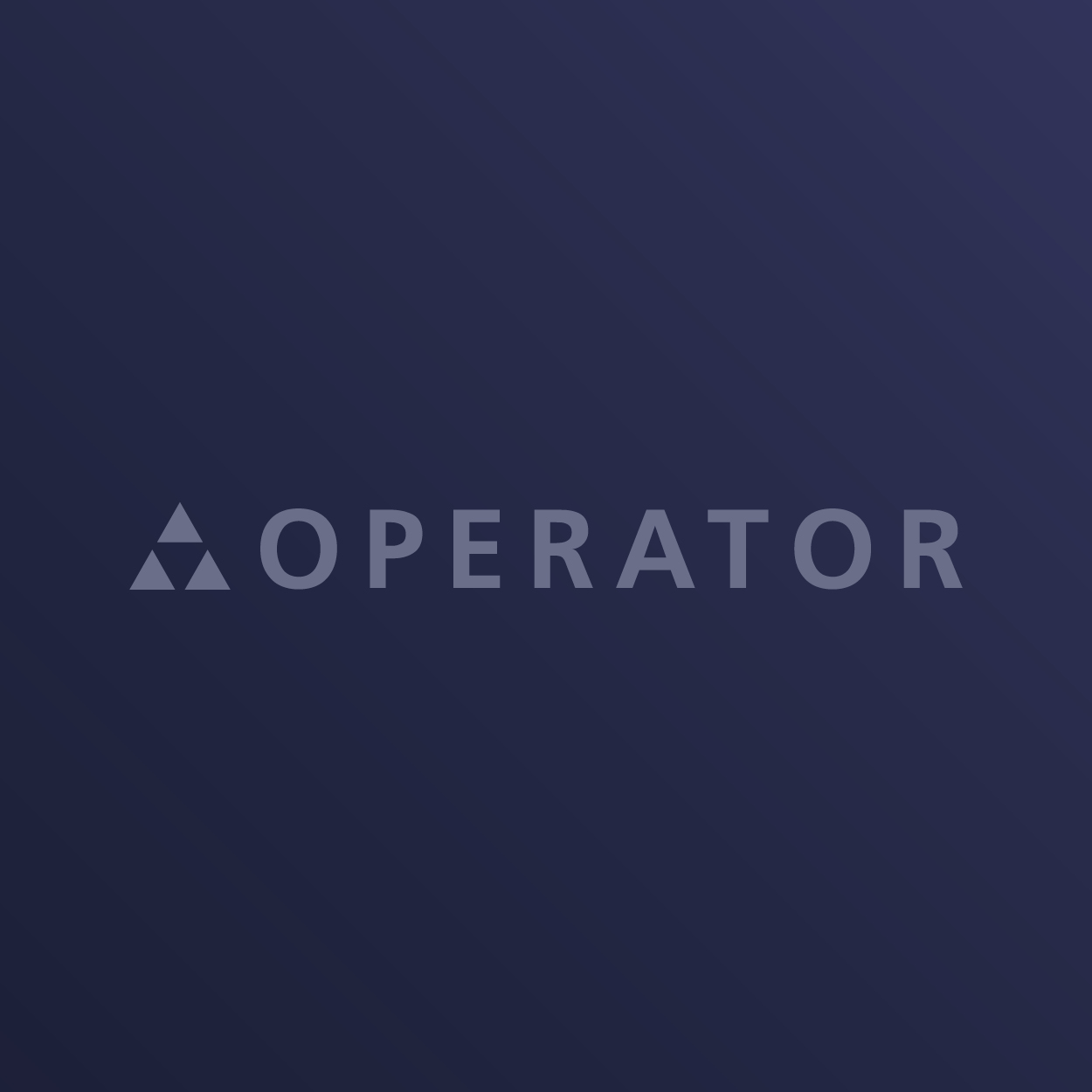
OPERATOR proposes a set of tools for risk exposure data analysis in the workplace, building on the concepts of Positive Ergonomics, Operator 4.0 and on the Job Quality Indices by the Eurofound. The project aims at developing a technology framework which combines ubiquitous human movement tracking with worker self-reported endpoints for a holistic Digital Twin representation of shop floors. The framework will collect and analyse data regarding workers’ activity and wellbeing on different levels.
PANDLETS
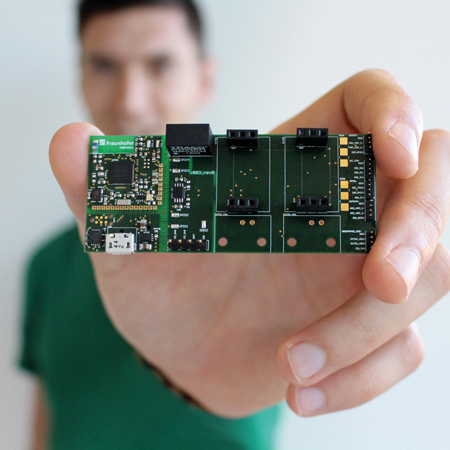
Pandlets are a novel architecture of embedded electronics for wireless devices that can be used to develop Wearable and IoT solutions. This architecture has been used in several internal and external projects that range from home appliance control, indoor farming to fall detection and activity monitoring, and it is designed for a seamless integration with mobile platforms, as a foundational design for new IoT devices.
ParentCoach
Physio@Home
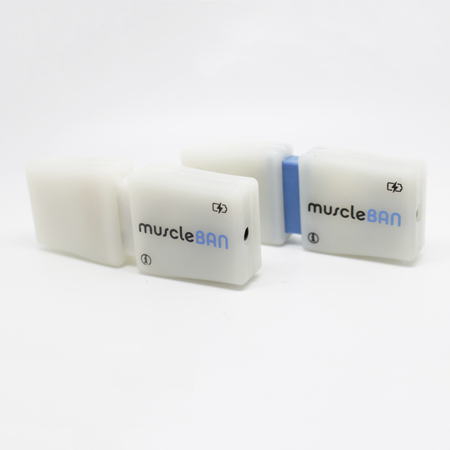
Physio@Home is a solution to extend physiotherapy programs to people’s homes as a complement to the sessions performed at the clinics. The solution proposed is based on smartphones or tablets and wearables containing electromyography (EMG) and inertial sensors that will be used to track the execution of the movements and give biofeedback to the user.
PROMESSA
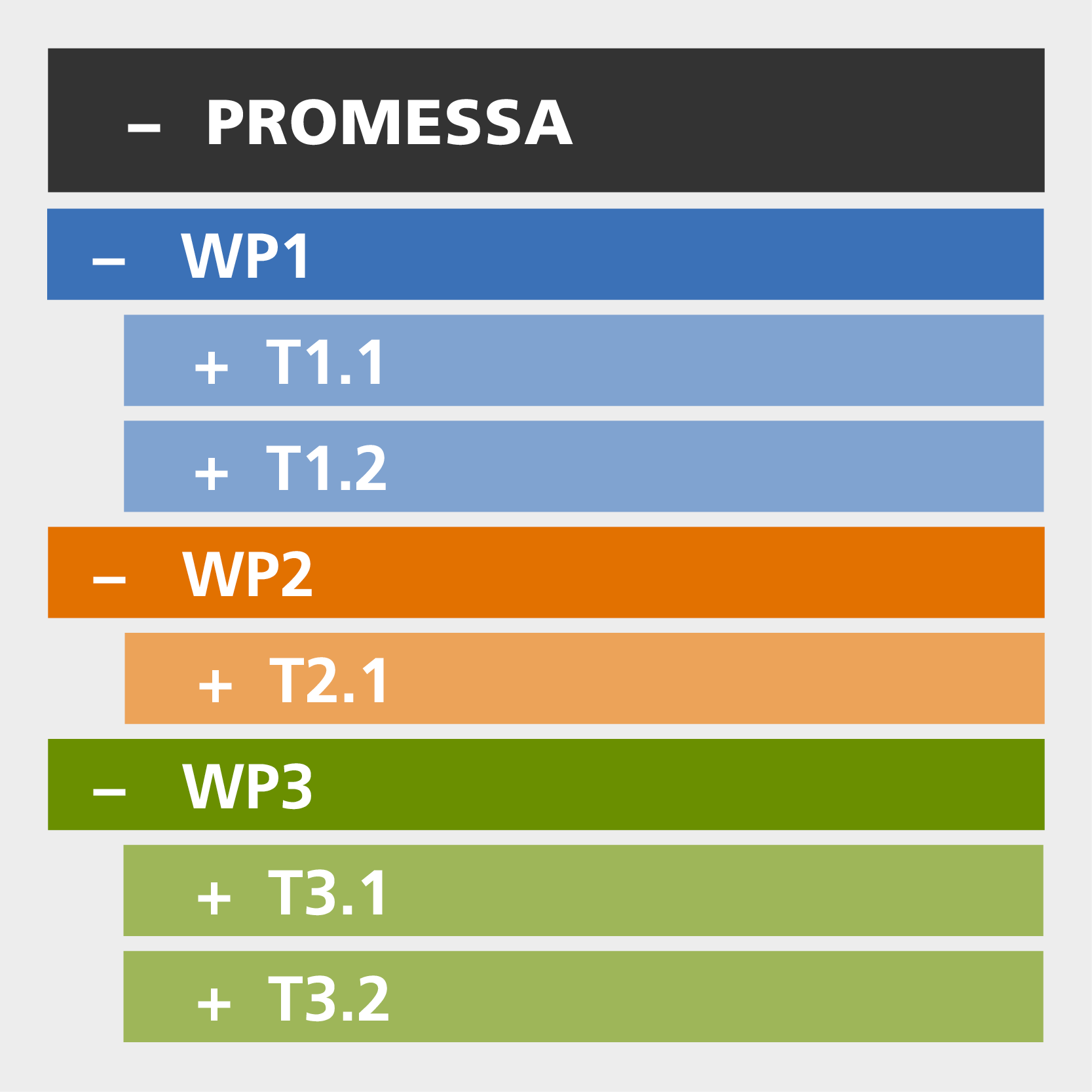
The PROMESSA project aims to investigate and develop a system capable of integrating different technological project management tools with the ability of analyzing all the available information, of predicting risks and consequences, and of creating automatic recommendations with the goal of helping project managers in their tasks and to make better decisions.
PTHUBICT

PTHUBICT aims to promote the international visibility of Portuguese companies of the Information, Communication and Electronic Technologies. It will create the proper conditions for the enhancement of training, innovation, cooperation between various agents and dynamization of promotional activities in foreign markets that allow to respond to the insufficient and inadequate external visibility of the national ICT sector.
Redefine
SAIFFER
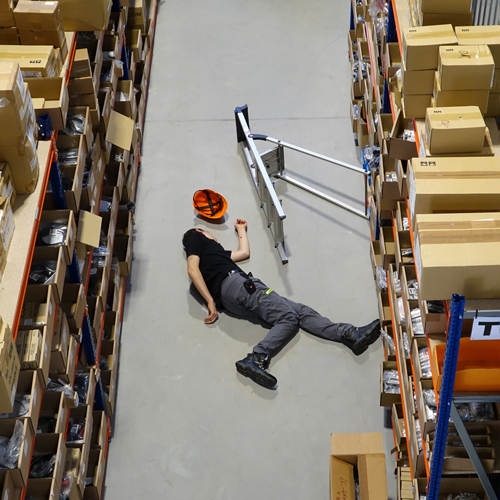
Lone workers are, as a rule, more isolated and subject to a higher risk. FhP-AICOS and Neogivie, of the ICOM France group, have come together to develop a more advanced and intelligent technology which, by using artificial intelligence techniques, allows defining patterns and predicting risk situations.
SAL
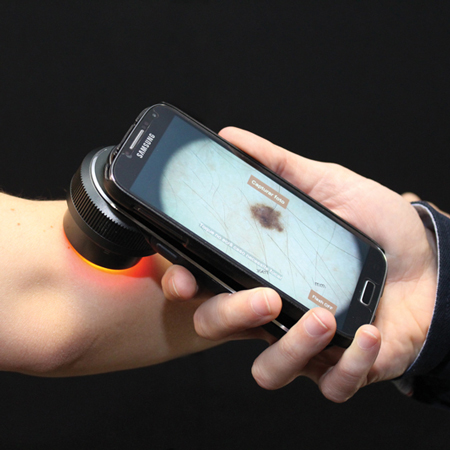
The Service Assisted Living project (SAL) is an Applied Engineering project that will study the application of Service Engineering and the adoption of Ambient Assisted Living technologies in the construction and operationalization of Complex Integrated Systems, namely the new Information and Communication Technologies in Health.
Signo

Signo is a research project, funded by FCT within the CMU Portugal Exploratory Research Projects Program, that aims to bring researchers in design, human-computer interaction, and philosophy together with patients and healthcare professionals in the context of ophthalmology to, collectively in co-creation, explore, experiment, prototype, and test technology and data visualizations which are built on a shared set of values, and understand how these values are communicated.
SINATRA
SmartBEAT
SmartColor4Ceramics
SMARTSKINS
Smart Companion
SMART-HEALTH-4-ALL
Smart Health Network
ShopView
ShopView2Market
STVgoDigital

STVgoDIGITAL is a structuring project of the Textile Cluster: Technology and Fashion. It promotes a set of R&D initiatives with a strong collective character and a high inductive and demonstrative effect, with the involvement of companies from the Textile and Clothing sector and complementary sectors that enhance the adoption and transition to Industry 4.0.
SV4D
Taboo
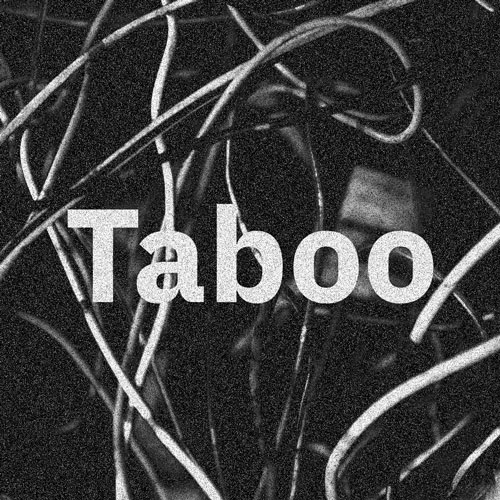
Taboo is a research project of Fraunhofer Portugal AICOS and funded by the Portuguese Foundation for Science and Technology (FCT). It aims at investigating how design research can contribute to the study of taboo topics by developing design artifacts as tools for inquiry. By creating and experimenting with design artifacts, we seek to explore their potential to address sensitive issues while fostering dialogue and understanding.
TAMI
TexBoost

The TexBoost - less Commodities more Specialties mobilizing project is a structuring project of the Textile Cluster: Technology and Fashion, which aims to include a set of R&D initiatives with a strong collective character and high inductor and demonstrator effect, with the central involvement of companies of the textile and clothing sector, but also of other complementary sectors of the economy.
VAICeramics
VITAAL
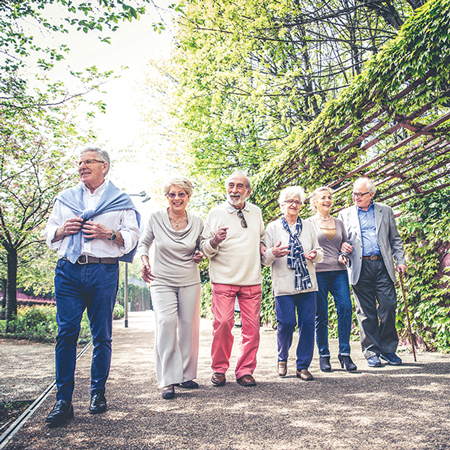
VITAAL is proposed as a new concept of home-based exergaming targeting older people threatened to develop mobility-related problems. VITAAL will design interventions for immobility, instability, urinary incontinence and intellectual impairment, and will use gait speed as a simple geriatric assessment to identify the training needs of older adults.
 Fraunhofer Center for Assistive Information and Communication Solutions – AICOS
Fraunhofer Center for Assistive Information and Communication Solutions – AICOS